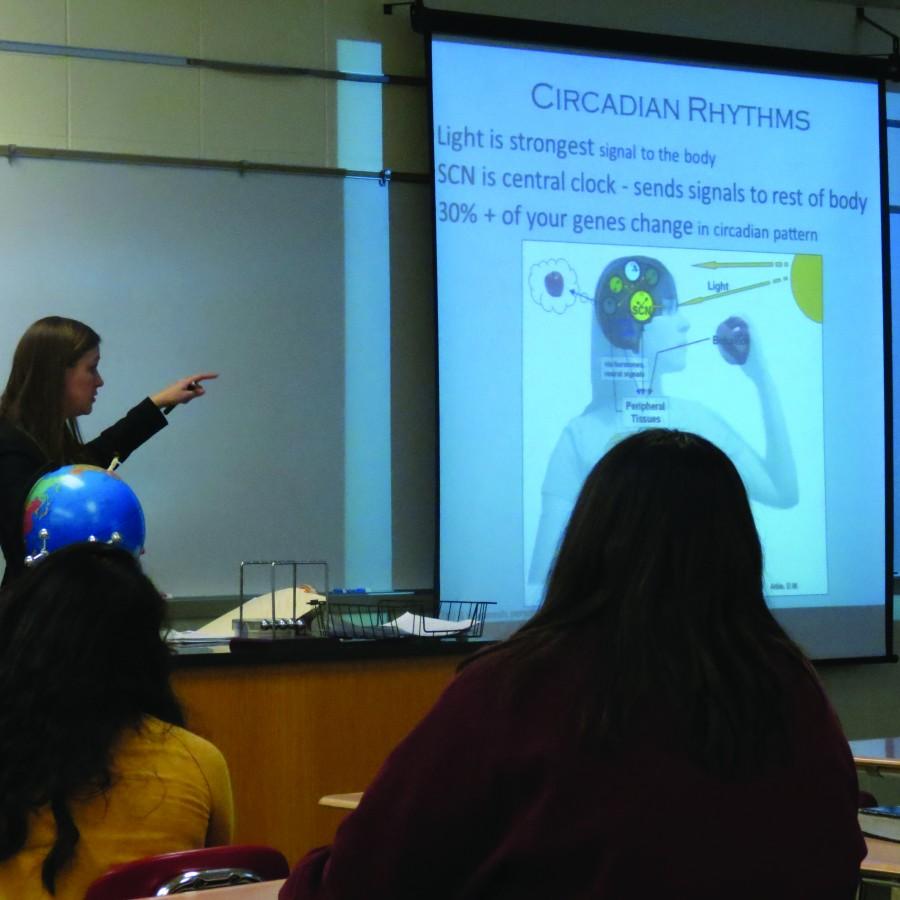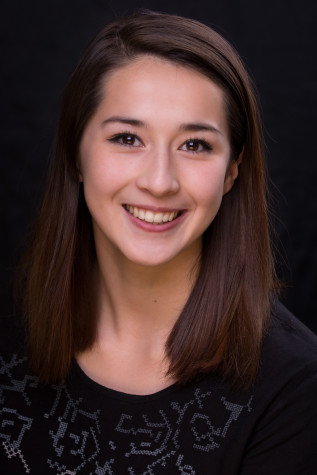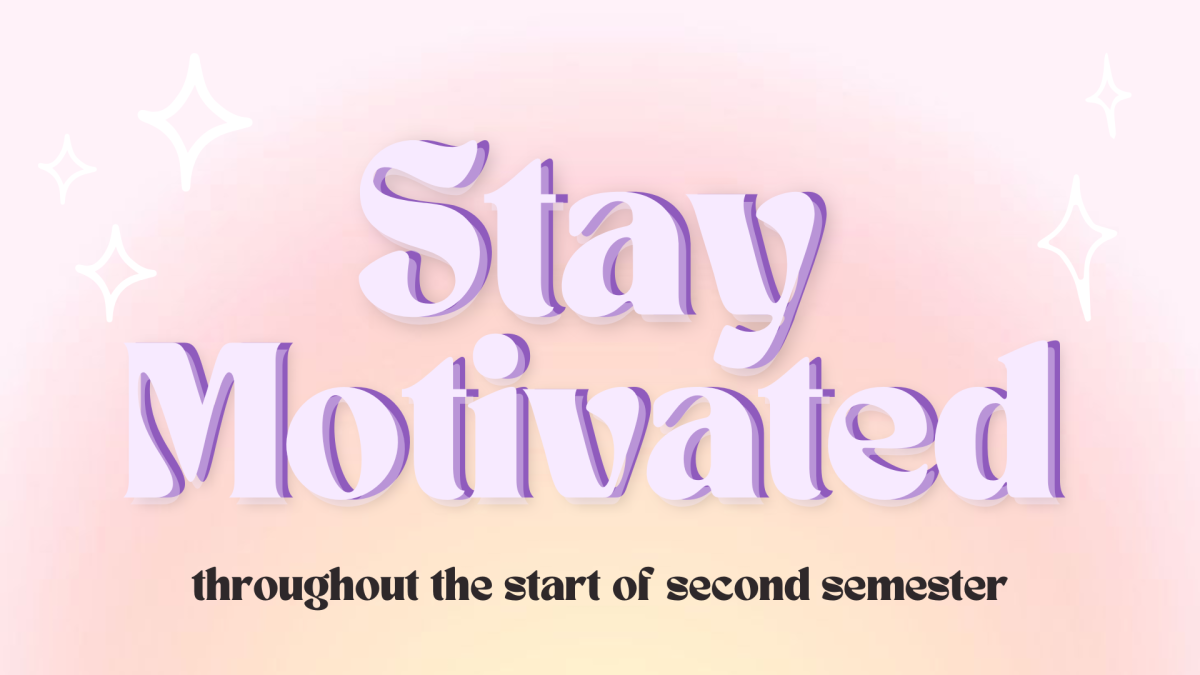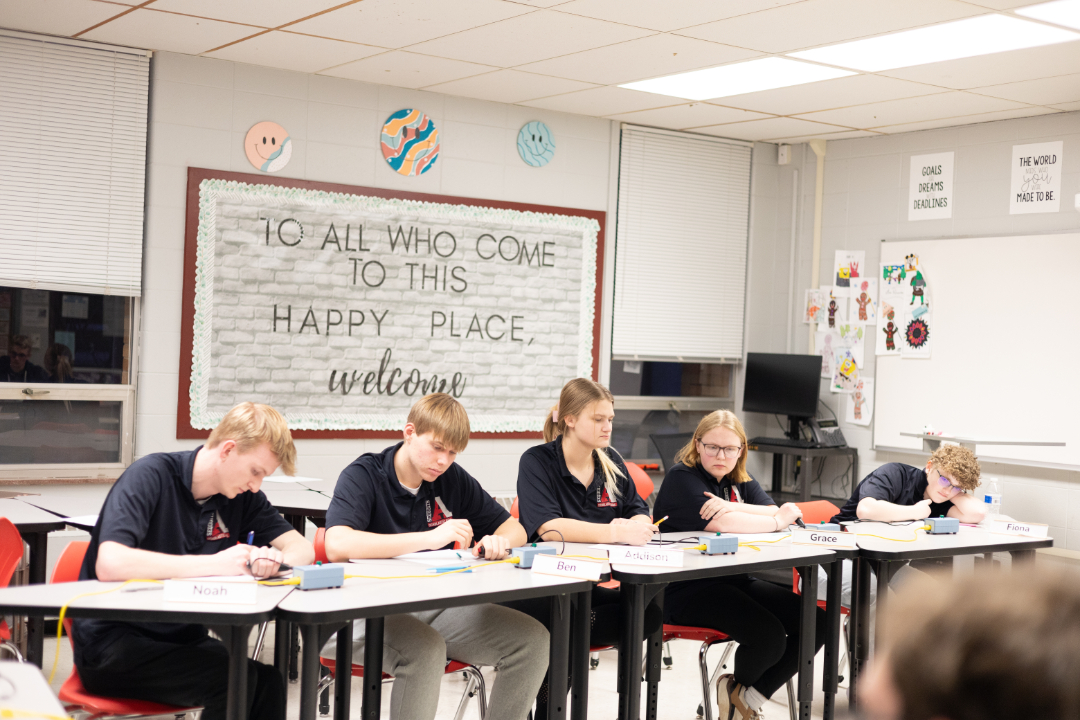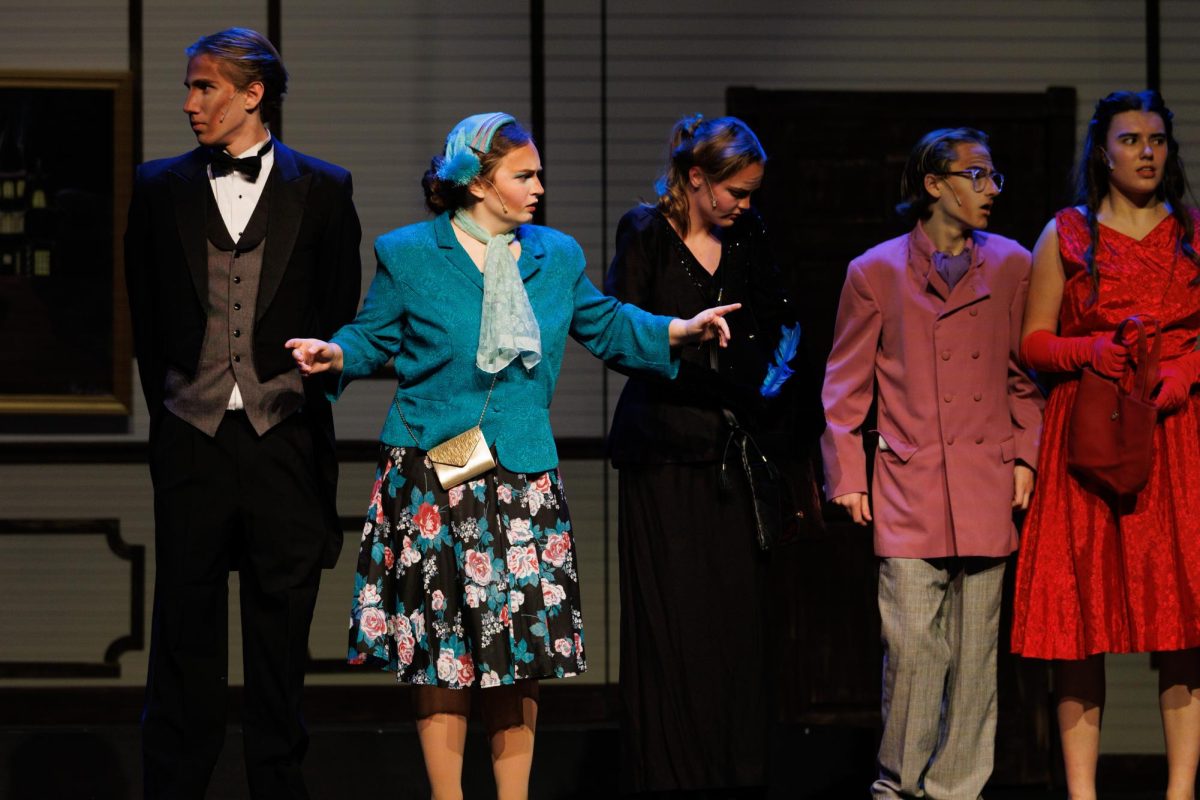Photoperiodism is the physiological reaction of organisms to the length of day and night. On Tuesday, Karrie Fitzpatrick, a postdoctoral fellow in neuroscience from Rush University Medical Center and Northwestern University, presented to the Antioch Community High School earth science and chemistry teacher Colleen Buzby’s classes about her research into sleep and circadian rhythms and the way animals (humans) respond to light.
“We don’t really understand how the brain does what it does,” Fitzpatrick said. “It’s kind of like the last frontier in terms of science. We know how smell works, we know what taste is, we know how vision works, the brain… we’re still figuring out a lot of things. And it is so involved in everything that you do, from basic biological functions in your heart rate, all the way up to interactions and how you perceive a conversation that you’ve had with somebody.”
Fitzpatrick created a PowerPoint presentation with just about over thirty slides full of entertainment, facts, research and pictures. Students were engaged in the arrangement, asked various questions and answered all of Fitzpatrick’s questions.
One of the topics discussed in the guest speaker’s demonstrations was how one is able to create healthy sleeping habits and the importance behind it. Humans, especially high school and college students, lack sleep on weekdays whereas on weekends, sleep for three extra hours. Fitzpatrick talked about ways to maintain a healthy and sufficient sleep each night, which could be very useful to many.
“There’s a lot of things to study in science, apart from Sheldon Cooper’s from the Big Bang Theory, scientific research. Science is directly applicable to life”, said Fitzpatrick.
After the incomparable presentations, students gained insight to the same career path Fitzpatrick partakes in, and learned more about how research into sleep can affect the students’ lives.


